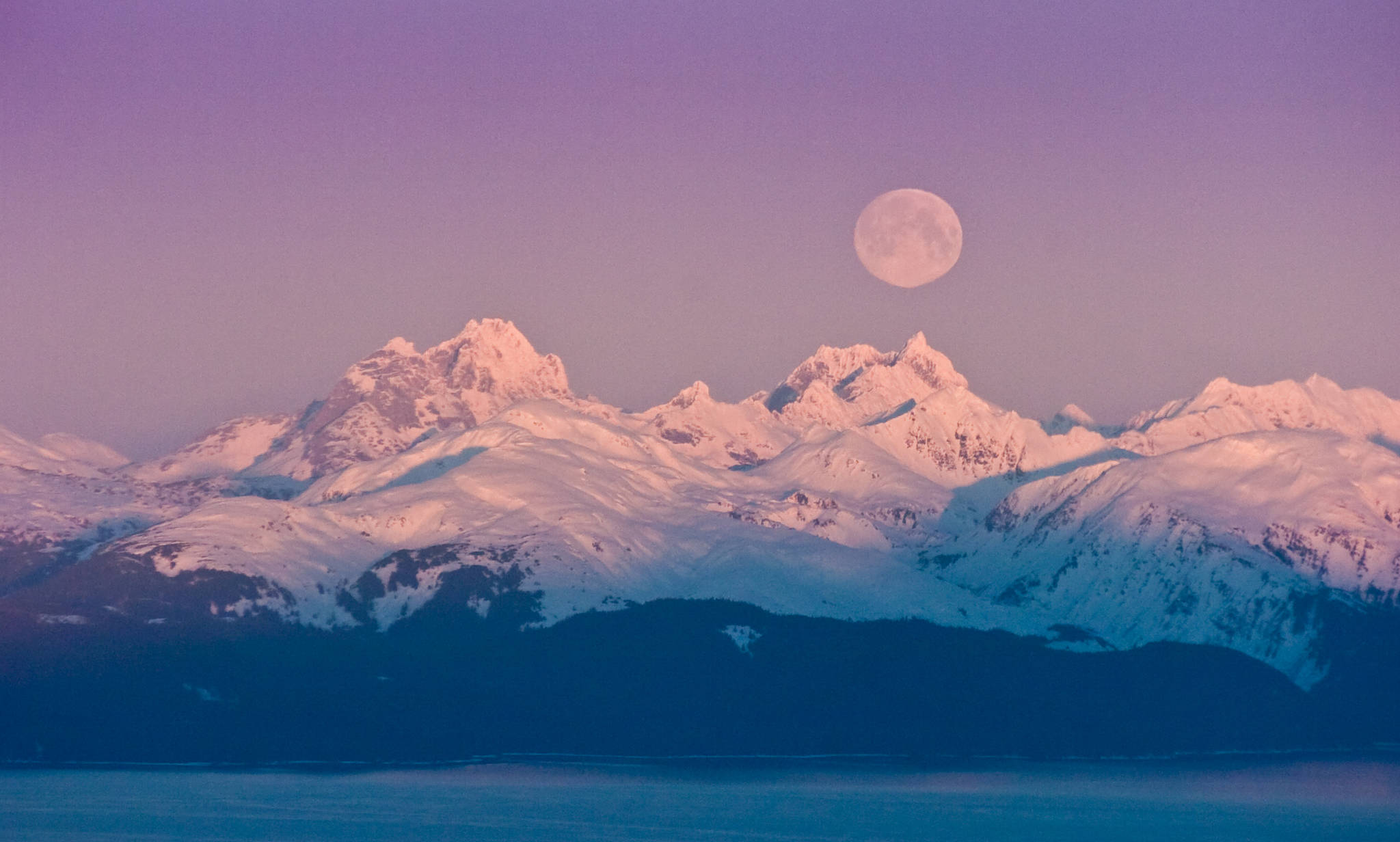Now that Gov. Bill Walker has deemed the Juneau Road dead, lawmakers are trying to carve up the carcass.
On Wednesday evening, the Alaska House of Representatives approved a statewide capital construction budget that diverts much of the $47 million remaining in the Juneau Access accounts.
“That money, in my opinion, can be better used now,” said Rep. Sam Kito III, D-Juneau.
While the House has made its intentions clear, so has the Alaska Senate, which has passed its own version of the capital construction budget.
The Senate’s version preserves the Juneau Access money for future use.
While Walker has said he will not proceed with the road, preserving already-allocated money would theoretically allow a future governor to pursue the project more easily. Because the federal government is expected to pay for 90 percent of the $574 million project, having $47 million sitting in savings for the project would reduce the amount the state needs to proceed.
That’s assuming the Legislature doesn’t allocate the Juneau Access money to another project in the meantime, and that the funding doesn’t roll over into the general fund, something that happens automatically after five years of inactivity.
Rep. Neal Foster, D-Nome and co-chairman of the House Finance Committee, said the House had planned to divert all of the Juneau Access money to other projects, but in his committee, an amendment preserved half of its funding.
“Really, what we did was a hybrid,” he said.
In the House version of the plan, the state would take $4.4 million from Juneau Access and put it toward the outfitting of two ferries under construction in Ketchikan. Of the $47 million, $21.3 million would stay with Juneau Access. The remainder would be reappropriated “for enhancement of transportation and infrastructure in the greater Lynn Canal area,” a phrase broad enough that it ironically includes Juneau Access itself. (It is extremely unlikely that the money would be reappropriated back to Juneau Access.)
The ultimate decision on the diverted money would likely rest with the Department of Transportation, which has a list of priorities awaiting state matching funds.
Kito said that at the top of his list is the Skagway ferry float, which sank in 2014 and needs to be replaced to support the new ferries under construction.
“Off the top of the list, that’s the one I could see the most immediate benefit,” he said.
Kito voted for the transfer, but Rep. Justin Parish, D-Juneau, did not. Parish spoke in support of two amendments offered by Rep. Lance Pruitt, R-Anchorage, that would have preserved more of the money for Juneau Access.
Those amendments were narrowly defeated on the House floor.
“The House version was a disappointment to me and to my district,” Parish said.
In his 2016 campaign for the Legislature, Parish said he opposed construction of the road north. He now supports it.
“Two main things changed my mind,” he said. “First, my voters, my constituents, who care deeply about this. … The other is the fact that we are in a serious economic crisis, and I want people in my community working.”
Juneau’s Sen. Dennis Egan, D-Juneau, also continues to support Juneau Access and favors the Senate version of the capital budget.
Now that the House and Senate have passed different versions of a capital construction budget, negotiations will begin to reconcile the differences in the two plans. Juneau Access is one of those differences, and negotiators may ultimately decide upon the Senate’s plan.
Parish said the important thing is to keep talking.
“Wherever people may be on the issue, I encourage people to speak to me,” Parish said. “It’s a small part of the overall crisis, but it’s right here. I’m going to continue to work with all of my fellow legislators and the governor to do what I believe is best for Juneau.”
• Contact reporter James Brooks at james.k.brooks@juneauempire.com or call 419-7732.

